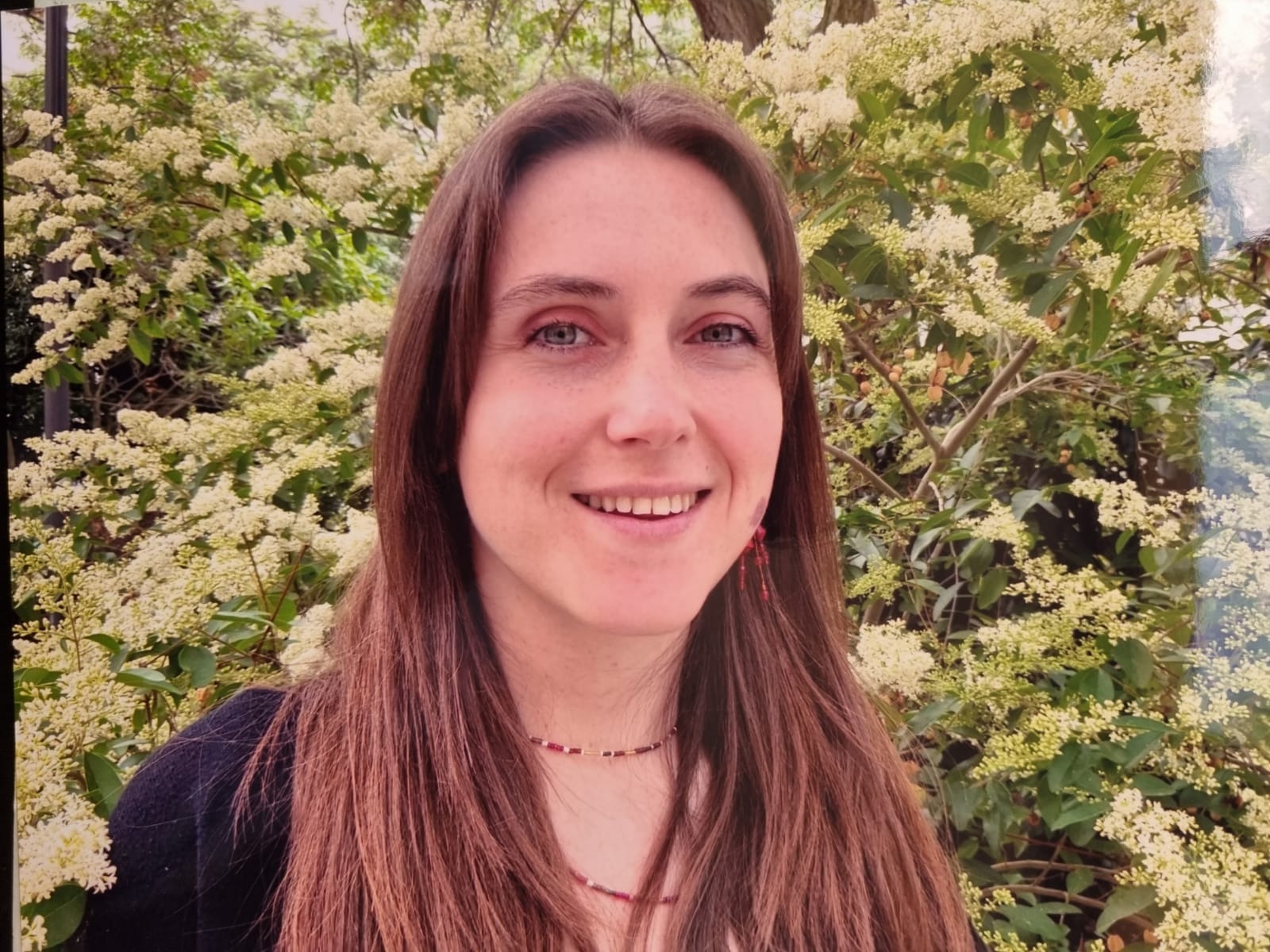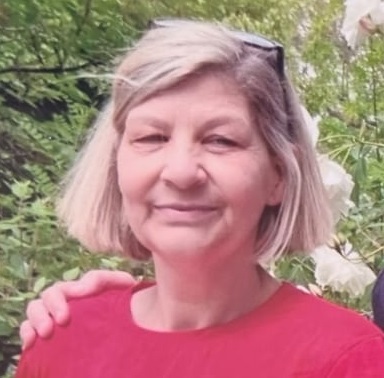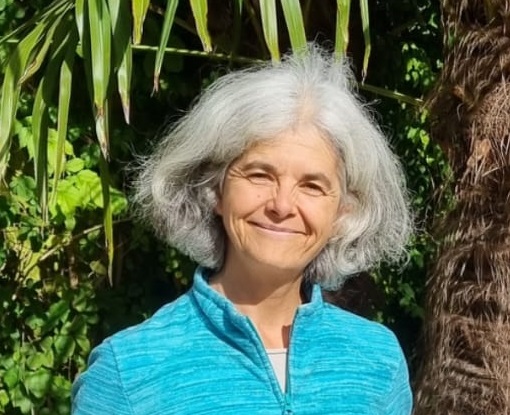Our team

Damien
Director and founder class 6-9
Co-founder of the school
Association Montessori Internationale (AMI) graduate

Svetlana
Teacher class 3-6
Association Montessori Internationale (AMI) graduate

Virginie
Teacher class 3-6
Association Montessori Internationale (AMI) graduate

Natalia
Montessori English educator

Zohra
AMI Educational assistant
(Association Montessori Internationale)

Muriel
AMI Educational assistant
(Association Montessori Internationale)

Aruna
Maintenance and meal preparation

Laëtitia
Arts teacher
(class 6-9)

Sophie

Thierry
Music teacher (class 6-9)
Jaël
Montessori for music

Bruno
Music teacher (class 3-6)
Jaël Montessori for music
Our philosophy:
"Help me do it myself."
"Give me the keys to understanding the world."
"Help me live with my peers."
Montessori education is one of child-centered discovery, experimentation, and success, which encourages children to learn through their own personal approach while developing their social skills. In the Montessori method, there is respect for the child, their fundamental needs, and their individuality.
The specific educational environment provides a welcoming and stimulating setting and work environment, adapted to the child's fundamental needs, such as security, affection, autonomy, respect, spontaneous activity, movement, etc.
Contemporary psychology has highlighted the fact that children go through "stages" of development. These stages are the same for everyone and follow an invariable sequence. However, Montessori education considers that each child is unique: they have their own personality, their own pace of life, their own strengths, and their own potential difficulties.
Our goal is to respect this individuality in order to help each child flourish and develop within the group.
The Montessory approach recognises that each child goes through "sensitive" periods during which they are completely "absorbed" by a specific element of the environment. During these periods they then have an exceptional capacity for concentration and learning. These periods are transitory, so it is essential to identify them and ensure that the environment provides the child with the means to develop and affirm these different sensitivities.
"Let's not raise our children for today's world. This world will have changed by the time they grow up.
Therefore, we must prioritize helping children cultivate their creative and adaptive abilities."
A suitable environment that fosters the child's development.
To thrive, children must evolve in a space adapted to their fundamental needs. This freedom does not mean laissez-faire or letting go; it is a condition for the development of autonomy, responsibility, willpower, and self-discipline.
The child thus learns not to infringe on the freedom of others and discovers the limits imposed by their social environment.
The environment offers the child a free choice of activities and materials, which, through their richness, inspires the desire to act and develop themselves. The educational materials help in the acquisition of a solid foundation of knowledge. By allowing the child to be autonomous and "control their mistakes" without outside intervention, the materials demonstrate, without judgment, that every action has consequences and that mistakes are part of the learning process. In this way, they reassure the child and develop self-esteem.
Observe, guide, listen, adapt: the role of the educator.
The trained Montessori educator accompanies and guides the child based on careful observation and attentive listening. They provide explanations or assistance at the child's request. Their role is to encourage children in their efforts to build their personalities while respecting the values, pace, and sensitivities that characterise each of them and make them unique.
Montessori educators participate in every aspect of the children's lives at school, allowing them to develop a deep understanding of each individual and create an environment of security, trust, and care, essential for the child's balanced development.
Core to the role of Montessori educators is their attentiveness to families, with whom they maintain an ongoing dialogue. They are open to the world around them, they are responsible for the classroom atmosphere and ensure it is always rich, welcoming, and stimulating.